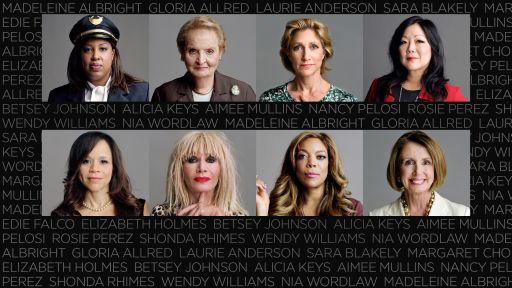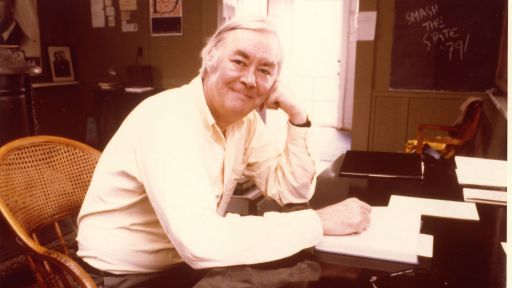In 1965, Daniel Patrick Moynihan released his report on the Black family, titled “The Negro Family: The Case for National Action.” Through structural and cultural analysis, the “Moynihan Report,” as it was known colloquially, detailed “the deterioration of the fabric of Negro society is the deterioration of the Negro family.” The report caused controversy upon its release and received a polarizing response.
Video Features
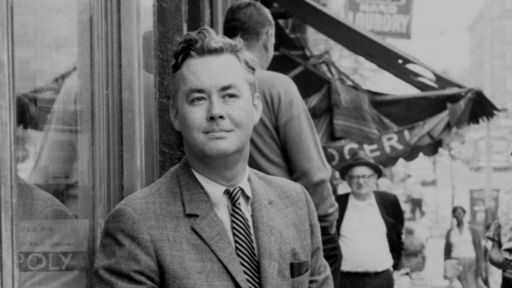

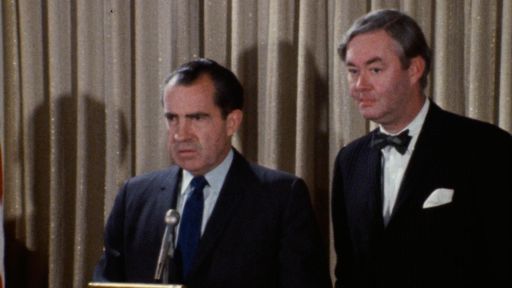
Written Features
Thought Leaders
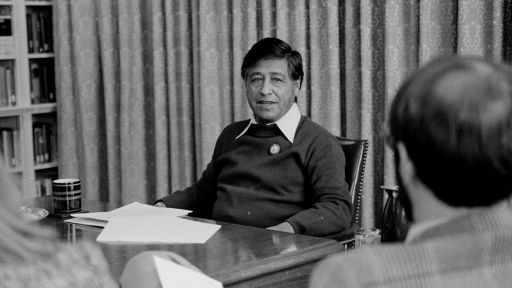




- Moynihan, as early as early 1964, is writing memoranda about the need to do something special for poor Black people as opposed to all poor people.
- I felt that the great crises having to do with the protection of the liberties of Negro Americans in the South were probably coming to an end.
Seemed to me that we would now turn to the problems of the northern ghettos, the northern slums, where just passing a law wasn't going to change things, where problems were much more difficult.
- [Narrator] Moynihan's interest in urban Black poverty was triggered in part by a study he had led a year earlier.
Eager to boost its ranks during the Cold War, the military was concerned that too many men were failing their exams.
What Moynihan found was that many of them came from single parent homes and a disproportionate number were impoverished Black men.
(soft piano music) - Moynihan sat down to write his report on the Black family, which was titled "The Negro Family: The Case for National Action," on January 1st, or thereabouts, 1965, and with the help of Paul Barton, the chief aid, finished it in the remarkably quick time of a little more than three months.
- [Politician] That report began, "The United States is facing a new crisis in race relations."
(melancholic piano music) - Teenage unemployment in the Negro world today is almost 25%.
That is a social crime.
That's an outrage.
- He was one of the first scholars to integrate structural analysis, for example, the problems of urbanization, joblessness, Jim Crow segregation, and so on, and their effects on the Black population.
And cultural analysis, that is a way Blacks respond to chronic racial and economic subordination.
And sometimes the response is problematic.
- The very start of the second chapter says, "At the heart of the deterioration of the fabric of Negro society is the deterioration of the Negro family."
- [Narrator] Moynihan immersed himself in a raft of statistics that convinced him impoverished Black families were under enormous stress, their children deeply affected.
By 1960, nearly 24% of these families were headed by single parents.
This was some eight times greater than the rate for white families.
- How'd you learn how to behave?
From your father and your mother and the people around you.
Well, supposing there is no father, where children are just brought up without that support, which a family gives it, then what do you end up with?
You end up a cycle reproducing itself.
(somber music) - Various columns appeared, including one by Evans and Novak, who were famous columnists in those days.
That was titled "The Moynihan Report."
That's probably the first time that it really became known that way.
(somber music continues) - And then people started associating the Watts riot with the Black family.
This is a cause of the Watts riot.
The deterioration of the families helped to trigger these riots.
- If you're, say, in the activist community and you're an African American, well, the first lens that you have on the "Moynihan Report" is from Mary McCrory or, you know, it's from Evans and Novak.
That's the lens through which you read this report.
(tense music) - It came from a white intellectual at what could not have been conceived as anything but poor timing because it overrode what certainly the African American leadership and community believed needed to be exercised.
Alright, government, for 150 years, you've done nothing.
No legislation against job discrimination.
No legislation giving people the right to vote.
The poll tax still out there.
If you were a white man in Mississippi, you could go to work in a laboring job and become middle class.
If you were a Black man that had the same non-skills, you couldn't get a job at all.
What are you gonna do about that?
You're talking about my family?
Anything.
The Black family, along with the Black churches, all that kept the Black community whole.
- This is Ned Brooks inviting you to "Meet the Press."
Our guest today is the author of the controversial study, "The Negro Family," Mr. Daniel P. Moynihan.
- Pat was blindsided by the reaction of the left to what he was saying.
- What's your explanation for the fact that it is being criticized for fostering immune racism?
- I think there may have been a misunderstanding.
I was trying to show that unemployment statistics, which are so dull and you've read so many of them and you don't know what they may mean, they're hard to believe, that unemployment nonetheless ended up with orphaned children, with abandoned mothers, with men living furtive lives without even an address, that unemployment had flesh and blood in it, it could bleed.
- One of the reasons why "The Moynihan Report" ended up blowing up in Moynihan's face is the document was never meant for public perusal.
It is written in a very bombastic way.
It was written to get the attention of politicians.
(dramatic music)
You May Also Like




